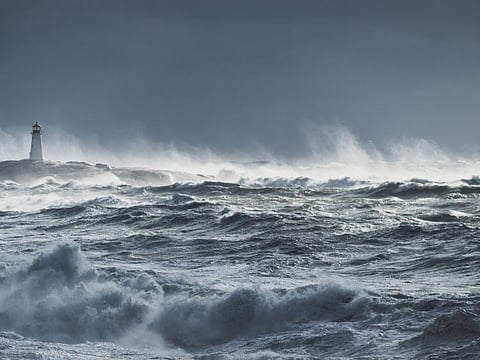Reader's View: We are making the ocean sick
Plastics and other materials are ruining the environment, we need to act now

What you need to know:
- Oceans are getting polluted, and we are to blame.
- A reader raises awareness on the importance of protecting our water resources.
Also In This Package
Only human beings create waste that Nature can’t digest. According to reports, the world’s most dangerous animal is the great white shark. Sharks are said to kill around 66 humans a year on average. However, human beings kill 11,417 sharks in an hour. In many pictures circulating on social media, you can see the waste that is being dumped into the oceans, and the plastic that is being left on our beaches. Plastics are nondegradable materials, which means they will not be absorbed by the environment, they take millions of years to be recycled.
Human beings made plastic and we depend on it. Now, we are drowning in it. But this plastic is having adverse effects. When sea creatures, birds and other animals consume plastic, they choke and it puts a strain on their body as the materials can’t be digested. This results in a loss of biodiversity, which causes a steady decline in their species. Not only does consuming a balloon cause internal damage, but the string attached to it also lends itself to be an entangling hazard. Social media is full of videos of creatures with plastic bags, wires and other hazardous material stuck to their heads. It is said that we would see no fish in our ocean by the year 2048.
Our oceans are turning into plastic and so are we. When all the wells and rivers would have dried up, would we know the worth of water? More than 400 million tons of waste is dumped into the oceans every year, which can cause severe damage to the environment. Being exposed to these harmful chemicals that we release into the water can cause cancer, Parkinson’s disease, Alzheimer’s, heart disease, hookworm typhoid and death. Thousands can live without love but not one without water, and our lives began to end the day we became silent about things that matter. So, let’s promise to remember that our oceans do not deserve to be a victim of our filthy habits.
- The reader is a student based in Dubai.




